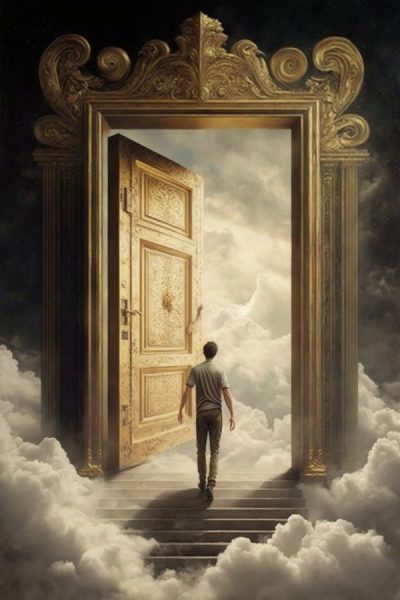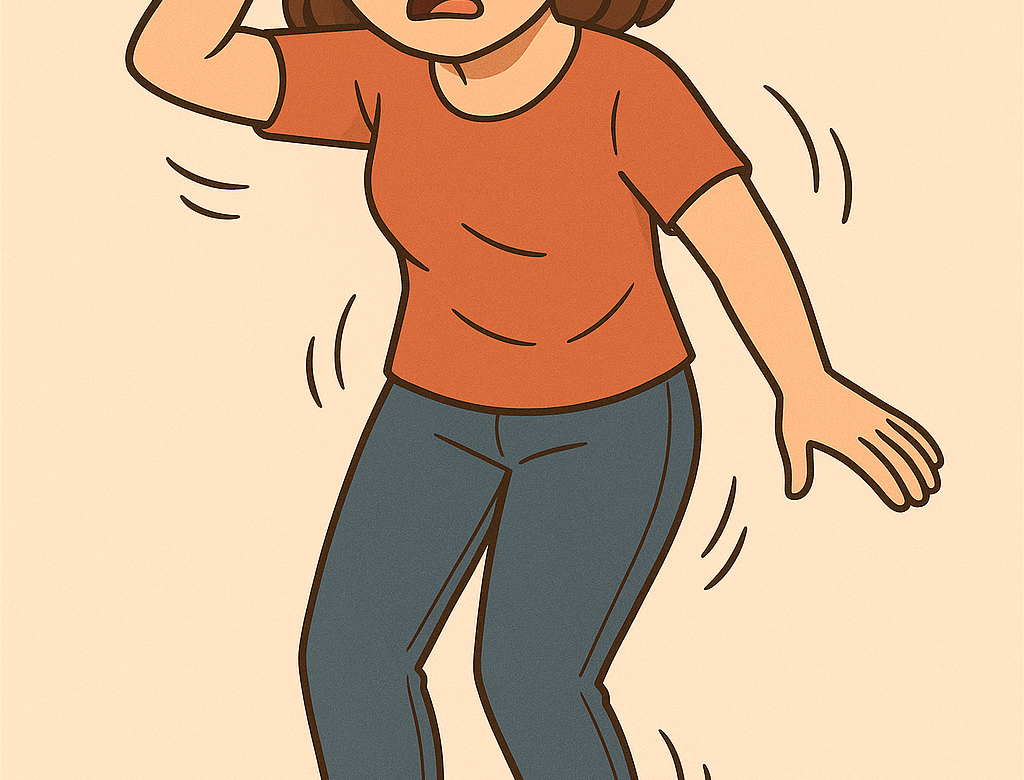
Does Life Continue After Death?
- Natural Healing
- May 31, 2024
- No Comment
- 10 minutes read
The question of whether life continues after death is one of the oldest and most profound inquiries that humans have grappled with throughout history. It touches upon our deepest fears, hopes, and beliefs about existence and the nature of consciousness. While there is no definitive answer that satisfies everyone, exploring various perspectives can offer insight into this timeless mystery.
Religion: For many, religious and spiritual beliefs provide a framework for understanding what happens after death. Across different faiths, there are diverse interpretations, ranging from ideas of heaven and hell to reincarnation and the concept of the soul’s journey. These beliefs often offer comfort and a sense of continuity beyond the physical realm, affirming the existence of an eternal aspect of human beings that transcends death.
Philosophical perspectives on life after death delve into questions of identity, consciousness, and the nature of reality. Some philosophers argue for the possibility of an afterlife based on the continuity of consciousness or the existence of a non-physical realm. Others approach the topic from a more skeptical standpoint. Some notable examples of philosophers who have argued for the possibility of an afterlife are:
- Plato (c. 428/427–348/347 BCE) Plato is one of the earliest and most influential philosophers to argue for the immortality of the soul. In dialogues like the “Phaedo,” Plato presents several arguments for the soul’s immortality, including the Theory of Recollection, the Argument from Affinity, and the Argument from the Forms. Plato believed that the soul is eternal and exists before and after the body.
- Zhuang Zhou (c. 369–286 BCE) a Chinese philosopher, is a prominent figure in Daoism, and his views on death align with the Daoist perspective of transformation and natural cycles. In his writings, particularly in the text known as the “Zhuangzi,” he often portrays death not as an end but as a natural part of the ongoing transformation of life.
- René Descartes (1596-1650) Descartes, in his Meditations, argues for dualism, the idea that the mind (or soul) and body are distinct substances. He posits that the mind is immaterial and capable of existing independently of the body, thus allowing for the possibility of life after death.
- Immanuel Kant (1724-1804) Kant did not argue directly for life after death in the empirical sense but suggested that belief in immortality is a necessary postulate of practical reason. In his “Critique of Practical Reason,” he argues that morality requires the existence of an afterlife to ensure justice, where virtue and happiness are ultimately aligned.
- Henri Bergson (1859-1941) Bergson, a French philosopher, in his work “Matter and Memory,” argues that consciousness is not entirely dependent on the brain and can survive bodily death. He suggests that memory and consciousness have a non-material basis, which supports the idea of an afterlife.
- A Sense of Being Dead: Individuals often report a distinct awareness that they have died.
- Peace and Painlessness: Despite the anticipation of pain, many recount feeling peaceful and pain-free.
- Out-of-Body Experience: People frequently describe a sensation of separating from their bodies and viewing their physical form from an external perspective.
- The Tunnel Experience: A common element is the experience of moving through a dark tunnel towards a source of light.
- Encounters with Other Entities: Reports often include meetings with spiritual beings or deceased relatives and friends.
- The Life Review: Individuals might relive or witness significant events from their lives, sometimes experiencing these moments from the perspective of others they interacted with.
- Reluctance to Return: Many express a desire to stay in this state, often due to the overwhelming feelings of peace and love, but are told or decide that it is not their time and they must return to life.
- Lucid Death: People experience vivid, detailed memories while clinically dead.
- Out-of-Body Experiences: Many report observing their surroundings, including their own physical bodies, from a vantage point outside of their physical selves.
- Heightened Senses: Those who have had NDEs often describe experiencing senses more acutely than in ordinary life.
- Consciousness During Anesthesia: People report NDEs even when they are under general anesthesia, which should eliminate consciousness.
- Perfect Playback: NDEs often involve a life review, where individuals relive their past actions and experiences in a detailed and comprehensive manner.
- Family Reunions: Individuals frequently report meeting deceased loved ones during their NDEs.
- Children’s Experiences: The NDEs of children are strikingly similar to those of adults, despite children’s limited exposure to concepts of death and the afterlife.
- Worldwide Consistency: NDEs are remarkably consistent across different cultures and religions.
- Changed Lives: Many people who experience NDEs undergo profound and lasting transformations in their attitudes and behaviors.
- https://med.virginia.edu/perceptual-studies/wp-content/uploads/sites/360/2016/12/REI36Tucker-1.pdf
- https://pubmed.ncbi.nlm.nih.gov/26299061/#:~:text=Worldwide, children can be found,of Virginia (United States).
- https://pubmed.ncbi.nlm.nih.gov/34147342/
- https://www.pinterest.com/pin/6685099439353248/



